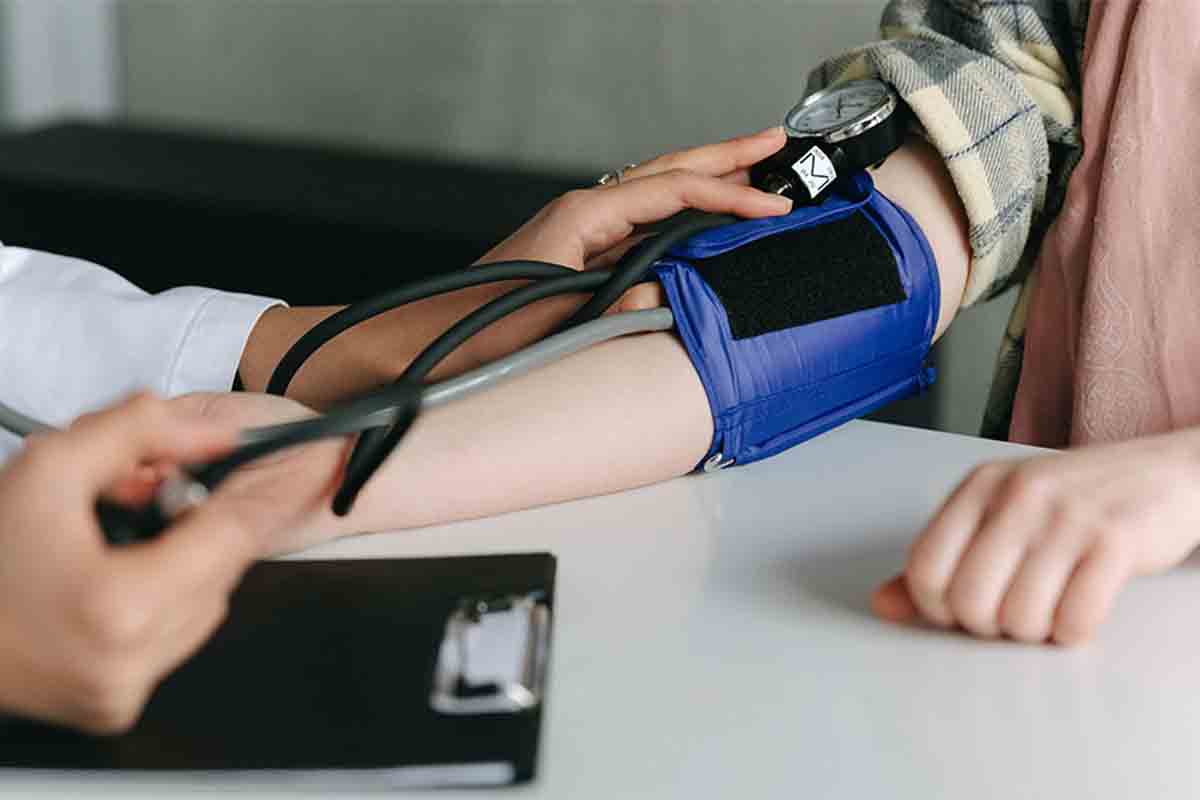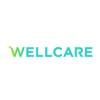For many years, there have been studies that show anxiety and sleeplessness causing high blood pressure. Find out how to prevent hypertension here.
It has been more than a year since the pandemic began and placed us in a sleepless limbo, causing our wellbeing to suffer in more than one way. The terms “coronasomnia,” “hay fever,” and “stress-related sleeplessness” circulated the Internet last 2021, mentioning that people find it impossible to sleep. What people thought would be a three-month dilemma stretched over two years until the present, causing a sense of dread and emotion-focused coping strategies.
It was a steep decline into a global mental health crisis as many individuals struggled to squeeze in leisure activities after trying to respond to work emails. Procrastination often won the battle in our brains, further aggravating our sleeping habits. And aside from trying to dodge the viral sickness that crippled the whole world, the sleeplessness and stress has snowballed into bouts of anxiety and, for some, hypertension.
Thanks to the growing awareness of mental health, we understand now that anxiety comes in the form of anxiety disorder, severe phobias, panic disorder, and more. In a survey that studied mental disorders in six European countries, around 13.6% of participants confirmed that they are clinically diagnosed with an anxiety disorder. In the same study, results show that women are more likely to suffer this disorder compared to men, in addition to unemployed, disabled persons, or persons who never married or previously married. As children are also exposed to technology or stimulants at an early age, the 21st century saw more younger persons more susceptible to developing mental disorders.
Many mental health experts now believe that social media, and how it has become so intrinsic in someone’s life (especially younger ones), aggravates their self-image and increases loneliness. People are now more likely to compare their lifestyles to other netizens or influencers and develop a fear of missing out (FOMO). Ironically, staying online on networking sites has also hampered people’s relational skills and increased the likelihood of social anxiety. Aside from the propensity of this generation to develop anxiety disorders, the addictive nature of social media and blue light from gadgets also affect sleeping patterns or habits.
Hypertension in Europe is 60% higher than in the United States or Canada. In The Journal of the American Medical Association, 44% of the population in six European countries suffer from high blood pressure, Germany with the highest rates at 55%. In connection to anxiety, a study shows that individuals who suffer from mental health illnesses have an increased risk of hypertension.
Hypertension is often described as the “silent killer” because people often disregard symptoms. That said, if someone suffers from both high blood pressure and anxiety, it can be difficult to distinguish which one they may be experiencing. Because of this, it’s easier to check blood pressure using a sphygmomanometer.
The Correlation of Anxiety, Sleeplessness and Hypertension
Often, anxiety and sleeplessness is the body’s natural response to stress. A person may feel anxious before an important interview or when awaiting important news.
As the body releases stress hormones called cortisol, there is a natural increase in heart rate and narrowing of blood vessels. This puts the body in a fight or flight mode, which inevitably leads to higher blood pressure.
While there is a correlation between the two, anxiety doesn’t lead to chronic high blood pressure as anxiety-induced ones normally subside once the stressor is gone. Instead, bouts of anxiety can increase fat deposits, especially around the abdomen. This is also related to how anxious individuals give in to their impulses such as stress eating, which may indirectly contribute to hypertension.
In the same way, high blood pressure sometimes indirectly leads to anxiety. The shortness of breath, dizziness, chest pain and changes in vision are common symptoms of hypertension that can cause a spike in anxiety. The National Institute of Mental Health also confirms that people with chronic high blood pressure are more likely to experience mental health conditions like anxiety. In this study, up to 51% of the participants were confirmed to suffer from both chronic illness and mental health disorders.
In a 2019 study by Ryan and Wolf, autoimmune diseases such as systemic lupus erythematosus and rheumatoid arthritis are closely linked to hypertension and other cardiovascular diseases. Symptoms such as swelling joints, fever and rashes can heighten body temperature and blood pressure. This research only highlights how different functions in our body can negatively affect our health. Knowing this, we recommend pursuing a lifestyle that lessens the likelihood of hypertension.
Symptoms of hypertension
When using a blood pressure gauge, whether the traditional or the electric one, the reading will present two numbers. The systolic pressure is the number on top, indicating the pressure in the heart’s arteries during heartbeats. This is the force that pushes the blood vessels through the body. The diastolic pressure or the number below shows what the pressure is in the arteries between heartbeats.
According to many experts, the normal systolic number is between 120 and 129 mm Hg and the normal diastolic number is lower than 80 mm Hg. At Stage 1 high blood pressure, the systolic number would be at 130 to 139 mm Hg and the diastolic number would be at 80 to 89 mm Hg. Common symptoms at this stage may include headaches, nosebleeds, irregular heartbeats, blurry vision and tinnitus.
Stage 2 hypertension is higher and requires emergency care. Patients may experience exhaustion, muscle spasms or twitching, nausea, vomiting, confusion, anxiety, and chest pain.
Side effects of high blood pressure
Though high blood pressure can eventually cause tiredness, continued hypertension can cause various diseases that can lead to heart failure or impaired blood flow.
If left untreated, hypertension can lead to other complications that can seriously damage the heart. As there is elevated pressure running through the veins, the reduced blood flow can lead to:
- Heart attack: As blood is restricted from circulating throughout the body,
heart muscle cells may die from lack of oxygen. If this is not addressed, the heart
sustains more damage. - Heart failure: If prolonged, the heart can no longer pump blood into the body and reach vital
body organs. - Stroke: When the brain no longer receives oxygen, high blood pressure can lead to a stroke.
How to prevent high blood pressure
Because high blood pressure manifests differently for different genders and ages, coexisting conditions, and medications, people need to be treated in different ways. For Fred, a middle aged man, it is important to have good sleep hygiene and mental health. A total of eight hours of sleep, regular exercise, and a healthy diet can reduce the likelihood of experiencing hypertension. If Fred were to sleep less and engage in stressful activities, it can become detrimental to his heart and brain.
For Fred, the onset of a high blood pressure episode will feel like a dizzy spell and white spots behind his eyes. When this happens, he must communicate his symptoms to his companions and monitor any other symptoms. As with any person going through a chronic ailment, it is important for his family members and loved ones to be supportive figures and mindful of the warning signs.
Here are eight ways to prevent high blood pressure.
plan a Healthy Diet

Begin by creating a healthy diet menu.
One of the best ways to lower blood pressure is to count calorie intake and watch portion sizing. Most aren’t aware of how many calories they eat during the day, and underestimate how much they eat. Based on the physician's recommendations, the recommended amount of calories per day is 2,000.
Now, most unhealthy dishes already contain the required amount of calories per day but won’t be enough to keep the stomach full. Because of this, it’s best to lessen or cut out overly sweet or salty desserts, sweetened beverages, fats, red meat, and processed or canned food. Sugar only serves to add calories and offer little to no nutritional value. Drinking a can of soda gives more than 100% of people’s required sugar for the day. Salts found in processed meats like bacon and chicken nuggets can increase the risk for heart diseases. While not all fats are unhealthy, it’s best to avoid trans fats or partially hydrogenated oil that are found in processed snacks like packaged chips, cookies, fried foods, and margarine.
Experts recommend having:
- Seven to eight daily servings of colourful grains (quinoa, wheat bread, cooked rice or pasta, etc.).
- Four to five daily servings of vegetables and fruits.
- Two to three daily servings of lean or dark meat and fish.
- Four to five weekly servings of nuts, seeds, and legumes.
- Two to three daily servings of fats and oils (vegetable oil, mayonnaise, or salad dressing).
- Less than five weekly servings of sweets.
Stay Hydrated
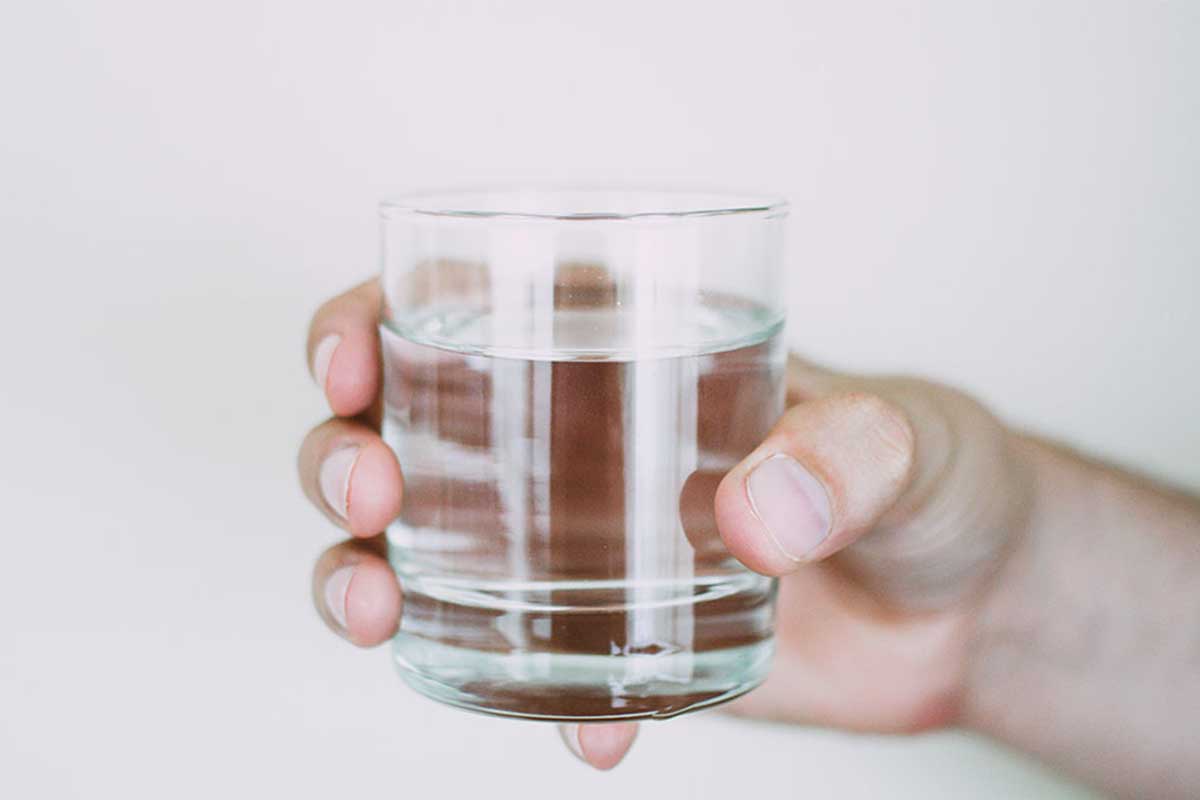
Drinking water is good for health.
Dehydration causes the blood to thicken and become more viscous, causing an increase in blood pressure. When this happens often enough, the brain becomes conditioned to maintain a blood pressure higher than normal so that the organs receive the required blood supply. Avoiding caffeinated coffee, black tea, and alcohol are great ways to lessen the chances of this happening.
A good goal to usually aim for is to drink at least eight glasses of water a day, though this can depend on someone’s age, health conditions, weather conditions, and activity level. Some people may find it challenging to drink plain water. With that, it’s possible to stay hydrated through eating water-infused fruit, sugar-free sparkling water, fruit and vegetable smoothies or fruits, herbal tea, milk, and low-sodium soups.
Maintain Healthy Weight
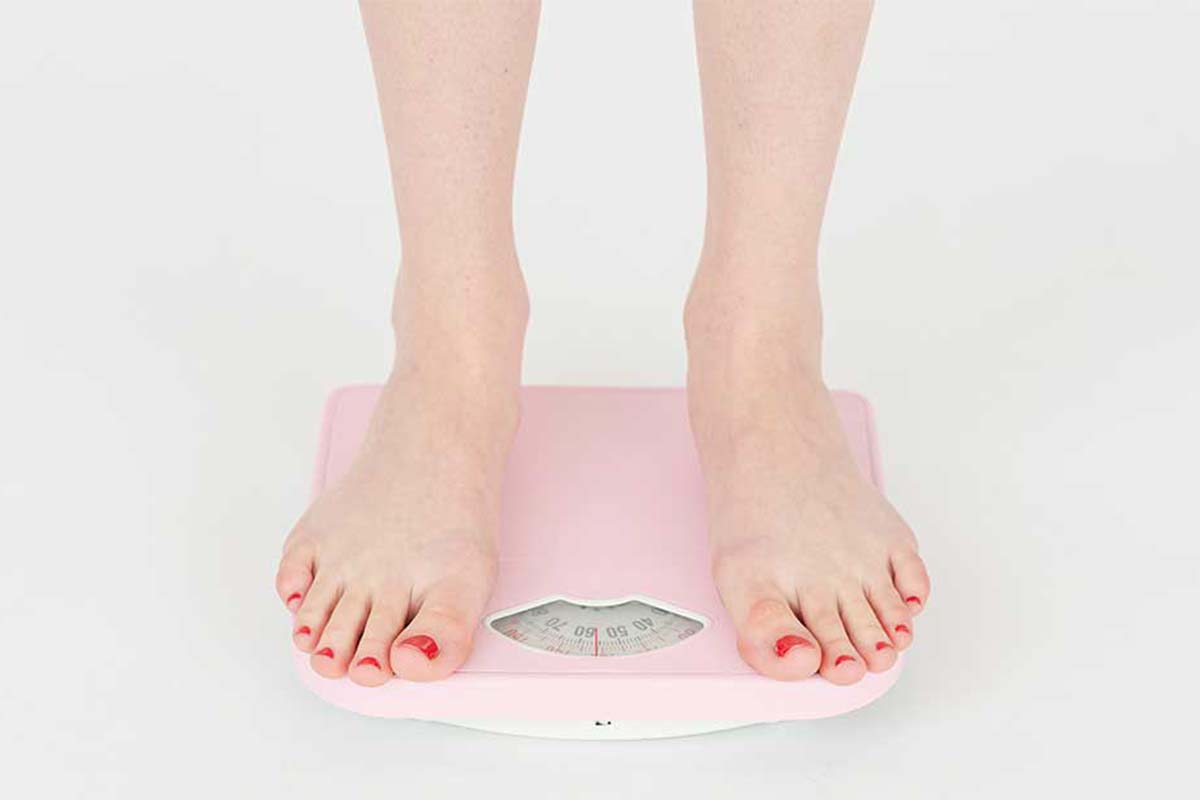
Maintain healthy weight is important.
Having weight issues also increases the risk of developing high blood pressure. In a cross-sectional survey that started in June 2015 across Italy, around 38% of the participants were diagnosed as obese with about 13% of them experiencing hypertension. Through this, researchers were able to determine that the higher the BMI, the higher the blood pressure.
During people’s yearly checkups, doctors may determine body mass index (BMI) to determine how much body fat they possess. Those who have a body mass index of 25 or higher are placed in the overweight category and will need to lose around 10 pounds to prevent hypertension. By following a planned meal, exercising regularly, and intentionally cutting down on salts, an individual can improve their health.
Exercise Regularly

One of the most beneficial things you can do for your health is to exercise regularly.
Physical activity, no matter how intense, can take away stress and exhaustion. When adults get at least about two hours of moderate-intensity exercise, they are reducing blood vessel stiffness so that blood can flow more freely throughout the body. This is why people have lowered blood pressure right after exercise. Here are some exercises for those who don’t want anything too tiring:
- A brisk walk or walk three times a day for ten minutes.
- Bike or stationary cycle for 30 minutes a day.
- Hike up a hill or mountain to achieve a greater level of fitness.
- Treadmill or pedal push as people work.
- Practice weight training to improve blood pressure levels.
- Swim for around 45 minutes.
- The benefits of exercising don’t happen immediately. Instead, it happens after a series of
continued activities.
Avoid Smoking
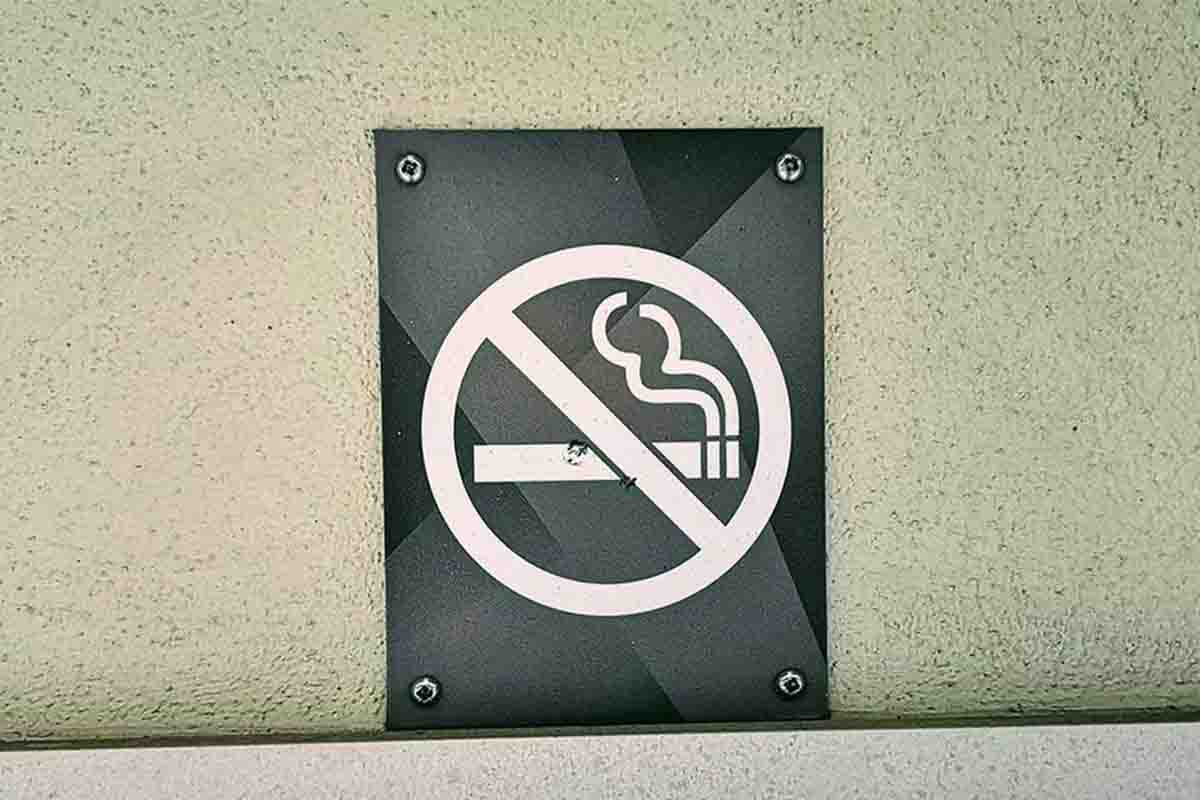
Change your life by quitting smoking.
While it’s common knowledge that smoking can damage the lungs, nicotine also raises the heart’s blood pressure. The arteries narrow and walls harden, and it increases the risk for blood clotting. Habitual smoking can lead to a heart attack or stroke.
One great way to lessen or quit smoking altogether is to seek out professional help. It also helps to be intentional and choose a date to stop smoking and write down reasons on why quitting is beneficial. Because smoking has addictive qualities, the brain will need other activities that will substitute the nicotine high. Individuals often join a fitness program, learn how to draw, or go on long walks are some alternatives when their need for a smoke gets triggered. Many experts also agree that joining a quit-smoking group or program also increases people’s propensity to avoid the nicotine high and find solace with others.
Lessen Alcohol

Drinking too much alcohol can harm your health.
While casual drinking is safe, excessive consumption can heighten someone’s metabolic conditions and raise blood pressure. When people drink, the body releases renin, the hormone responsible for constricting blood vessels to regulate blood pressure and decreases how much fluid the body expels as urine.
Experts classify three different ways of drinking: heavy drinking, moderate drinking, and binge drinking.
- Heavy drinking means consuming more than four drinks on any day, amounting to 14 drinks per week.
- Binge drinking is different in that individuals consume five or more drinks in about two hours.
- Moderate drinking means consuming two drinks or fewer per day.
Depending on people’s drinking habits, the amount of alcohol they will have in their system at the end of the week contributes to high blood pressure. While heavy and moderate drinkers may suffer from a higher risk of hypertension, binge drinking may affect the blood pressure of men more than it does women. Refraining from consuming alcohol not only lowers blood pressure, but also encourages weight loss, more energy, better sleep, and overall lower risk of sickness.
From Healthy Sleeping Habits
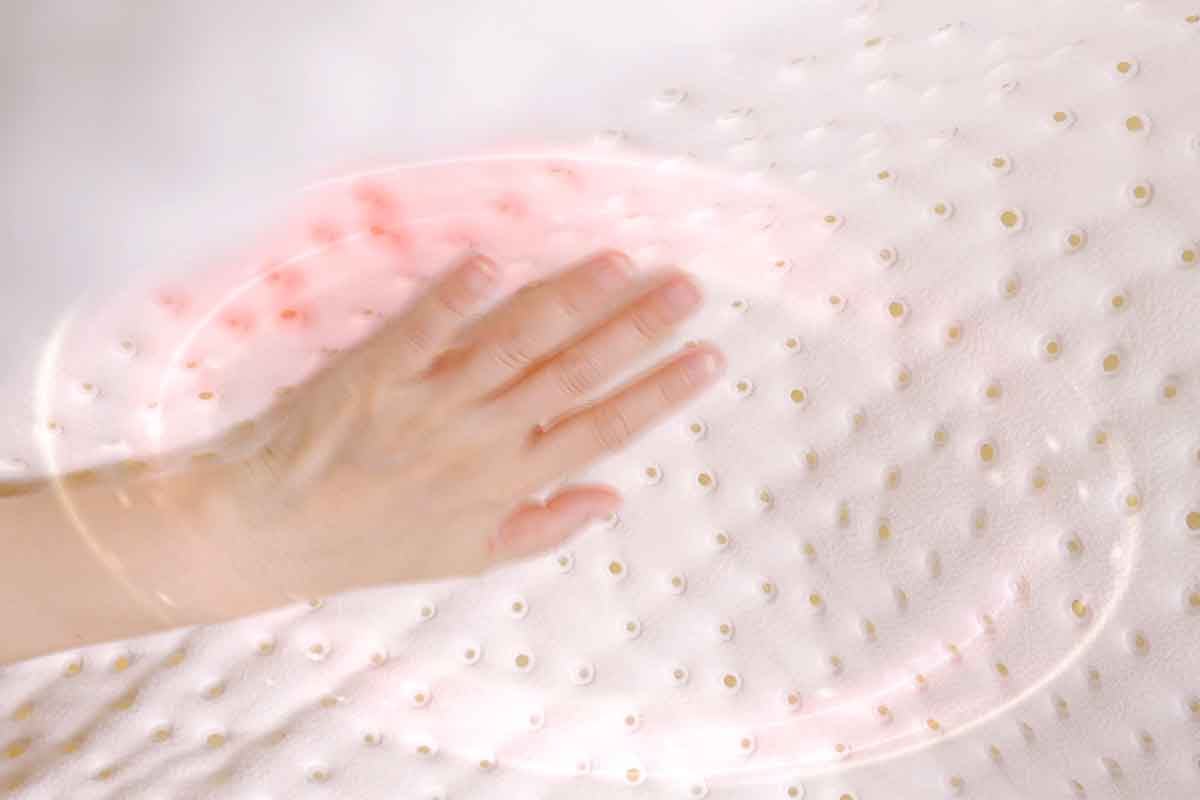
With sufficient rest and rejuvenation, Wellcare brings you content and satisfaction.
Sleep hygiene is an important factor when trying to live a healthy lifestyle, even more so than eating properly, exercising regularly, and avoiding harmful vices. Sleep allows the body time to repair itself and prevents certain health problems from worsening.
It’s recommended for people to stick to a regular sleep schedule, where they go to bed at night and get up in the morning at the same time each morning. Some tend to sleep in during the weekends, but it’s better to follow the sleep schedule even when they don’t need to get up for work.
Once up, individuals need to get natural light to wake up their circadian rhythm during the morning. Coupled with moderate exercise, they can increase their energy levels throughout the day.
When in bed, avoid using artificial light, especially within a few hours of bedtime. Instead of waiting for sleep to overtake them by scrolling through their phones, people can read a light book or listen to calming music. Wellcare also specialises in 4D DWF cushions and blankets that create an optimal sleeping environment. We offer comfortable cushions and blankets that can improve your sleeping quality by providing breathability and warmth.
Simplify Daily Schedule
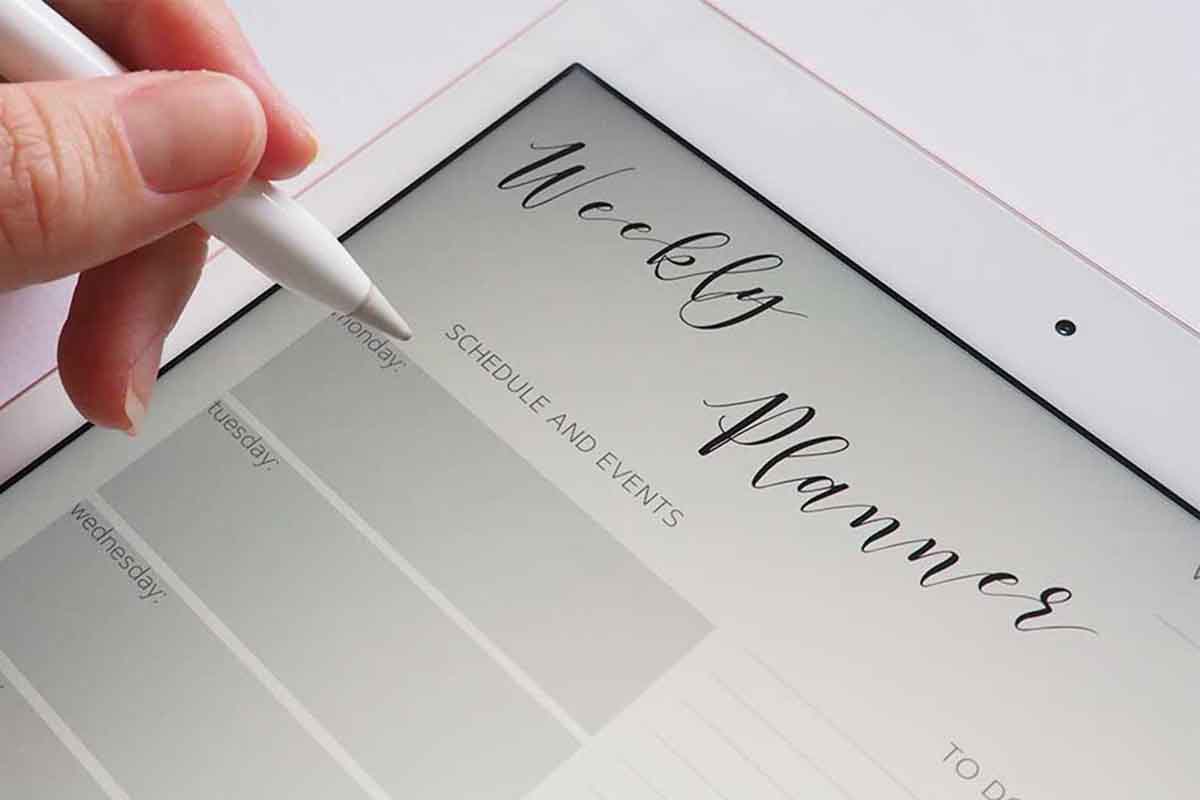
Make a plan and achieve your goals in life.
People can include stress-reducing activities that can lower their blood pressure. By reviewing their calendar and to-do lists for the day, they can manage their tasks where they can focus on more important tasks in the morning.
Being kind to the body

Learn to love yourself.
The best way to handle hypertension is to be aware of what the body needs and develop healthy practices that will be an investment in the future. The goal is to choose what works best for people’s physiological and mental needs.
Relax with Wellcare
At Wellcare, we believe that sleep is a basic human right. Our 4D DWF technology makes it so that the heat generated by our blankets disperses through uniquely designed holes, so you can experience the ideal conditions for sufficient and comfortable sleep.
Your health is your most valuable asset. Modify your work and relaxation habits by improving your sleep hygiene, because your body deserves a comfortable experience with great product quality. Wellcare provides a foray of products and information that can help you find the best way to live in any physical condition.


.png?width=512&name=united-kingdom%20(1).png)
